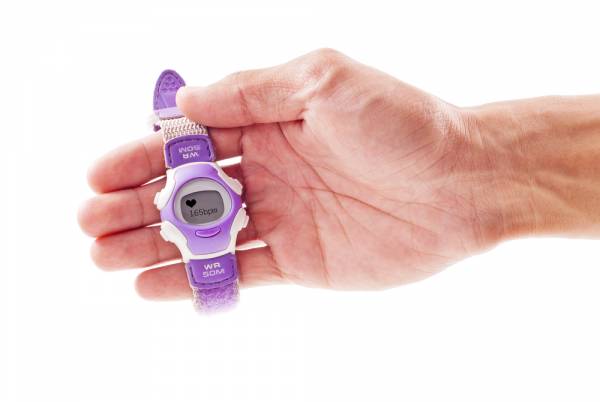One thing I’ve always recommended my athletes do is check their resting heart rate every day. Your heart rate can sometimes tell you whether it’s a good day to train or not. Maybe you’re about to get sick, are experiencing some unfelt infection, or beginning to push into overtraining and it’s time to back off. I’ve always believed that the heart rate is a good early warning system for athletes to see if they are going to push themselves too hard.
Well, it turns out my suspicion has been correct. A study published in the Journal of Strength and Conditioning this month examined the role of heart rate monitoring in the prevention of overtraining. In the study researchers wanted to see if testing an athlete’s resting heart rate really is a good method of determining overtraining status, and the results seem to suggest it is.
Before continuing, it’s good to define a few terms here. So far I’ve used the term “overtraining” in the general sense, but in the study the researchers were more specific. They divided the condition of pushing yourself past what you can handle into three different phases. The first was “functional overreaching,” which is the state that some athletes purposely try to attain because they believe it will advance them faster than never overreaching. The second was “nonfunctional overreaching,” which is a state in which excess recovery was needed to retain full athletic ability. That recovery length might last weeks. The third stage was “overtraining syndrome,” which may last for years and is marked by a significant detriment to health and performance.
The researchers were concerned primarily with preventing nonfunctional overreaching, which would likewise prevent overtraining. Since some athletes purposely try to attain functional overreaching, they didn’t do much to cover its prevention.
Indeed, significant variations in resting heart rate that lasted two weeks or longer were in line with the other markers of nonfunctional overreaching. The researchers also noted that using heart rate to monitor the transition into nonfunctional overreaching is far less invasive than other methods. In other words, you can use your resting heart rate to tell if you’re overreaching without needing to take blood regularly. And we can all test this right at home with very little equipment (all you really need is a clock).
The researchers didn’t really discuss why these findings are significant. However, we can draw some of our own conclusions from this information. Here are a few things to keep in mind about using heart rate to prevent overtraining:

- Look for changes of more than a couple beats per minute. Over the months you will get a feel for exactly what your resting heart rate should be, so even small changes will stand out.
- Look for all changes to your heart rate. These variations may go in either direction, faster or slower. Both could indicate overreaching.
- Aim for accuracy. Keep in mind that using a heart rate monitor is more accurate than a timed test.
- Remember these tips apply mostly to experienced athletes. If you are just beginning training, changes to your resting heart rate will be normal, and indicative of improved fitness as well as overreaching, so this method may not work as well.
Nonfunctional overreaching is attained clinically when the change to your heart rate persists for several weeks. Unless you are purposely trying to push the envelope, it may be wise to cut back after only a few days, in my experience. Over time you will know yourself well enough to judge this on your own, but regardless, this tool is excellent for all athletes.
References:
1. Tian Ye, et. al., “Heart Rate Variability Threshold Values for Early-Warning Nonfunctional Overreaching in Elite Female Wrestlers,” Journal of Strength and Conditioning Research 27(6), 2013.
Photo courtesy of Shutterstock.






